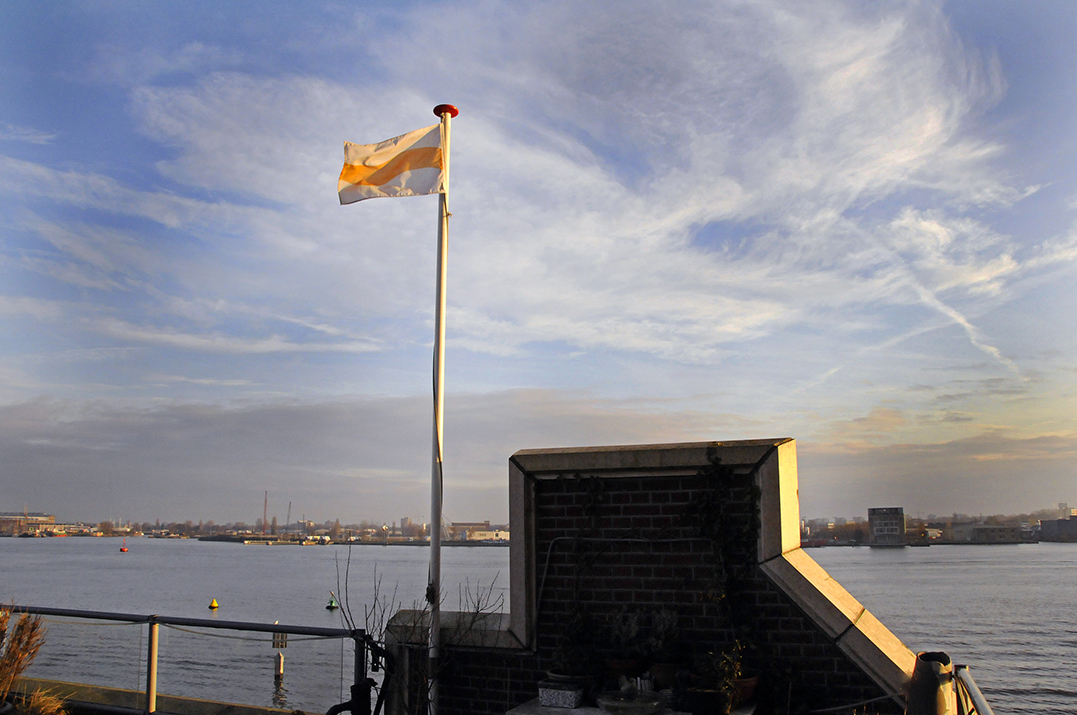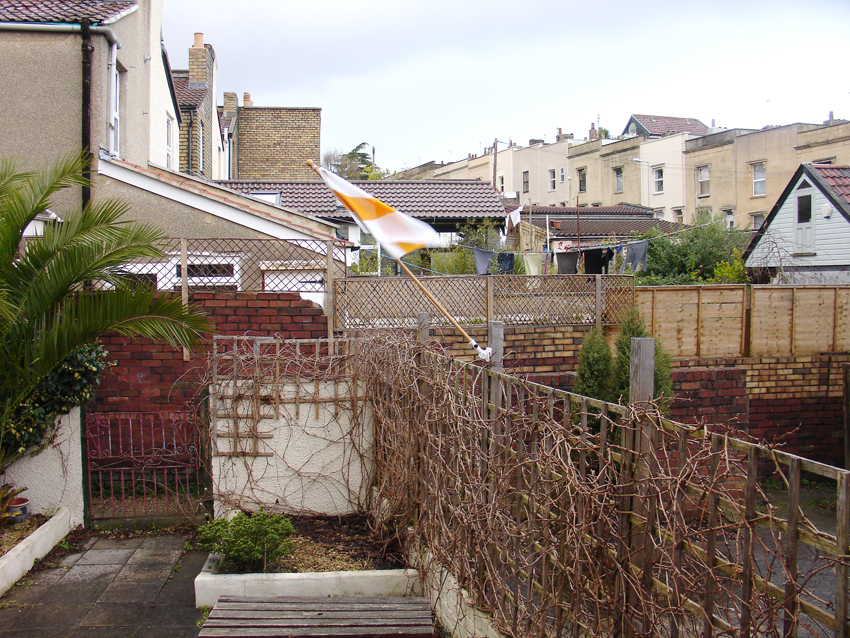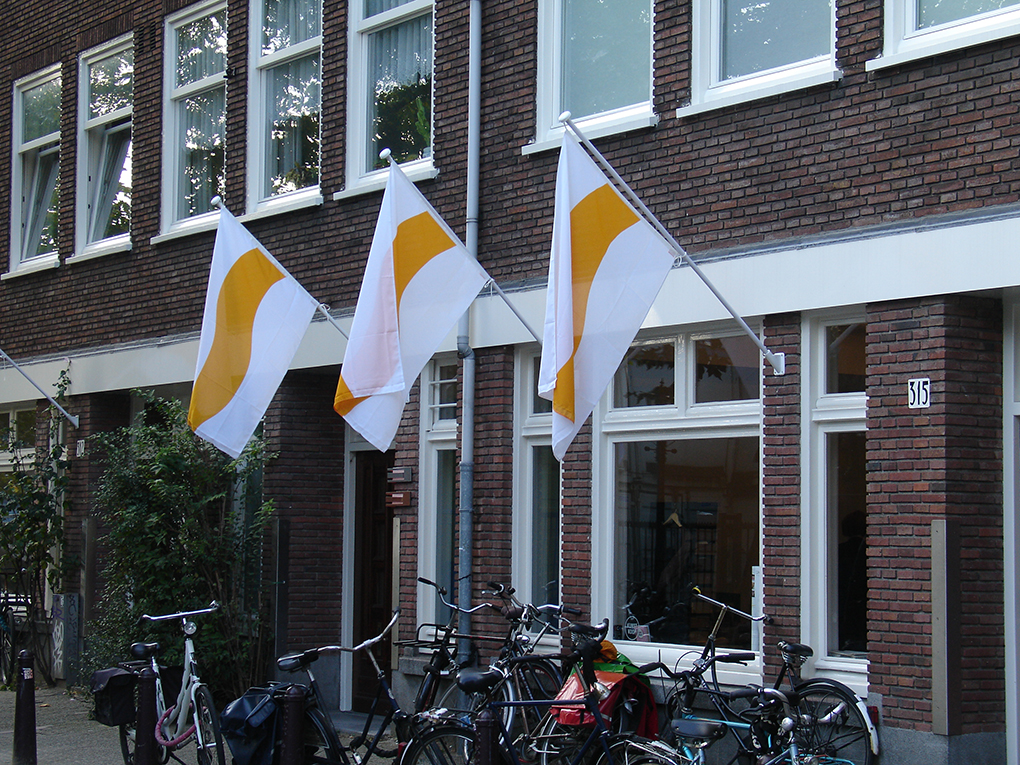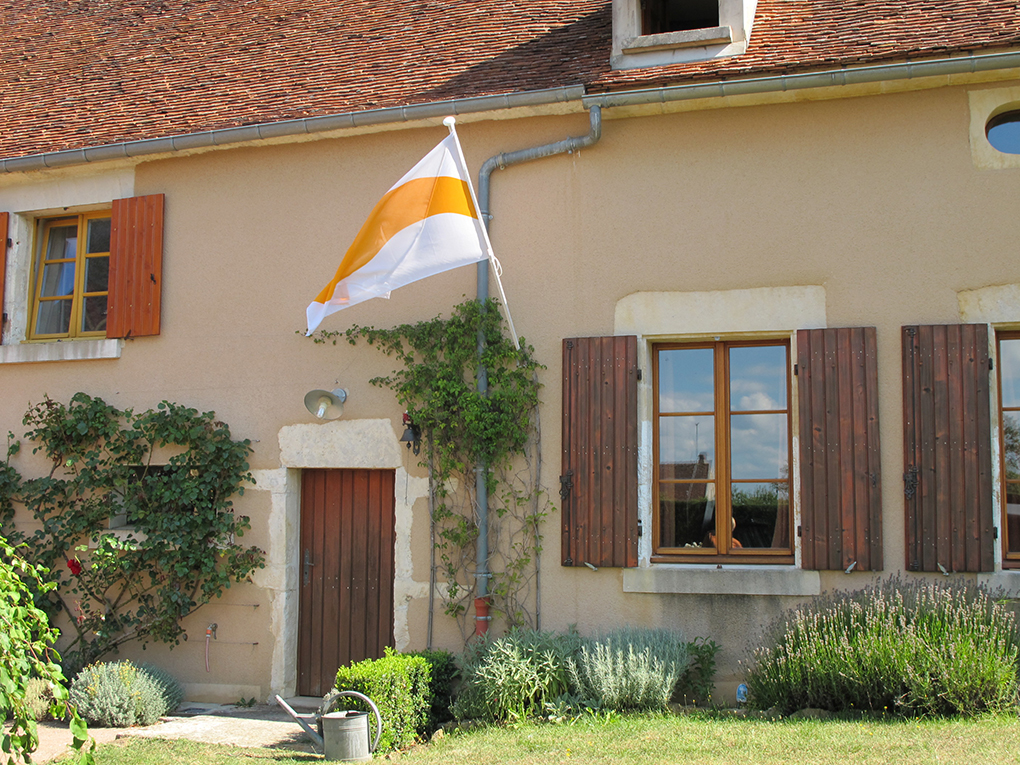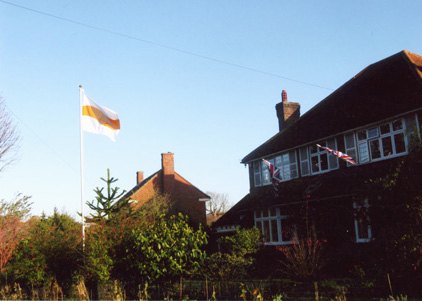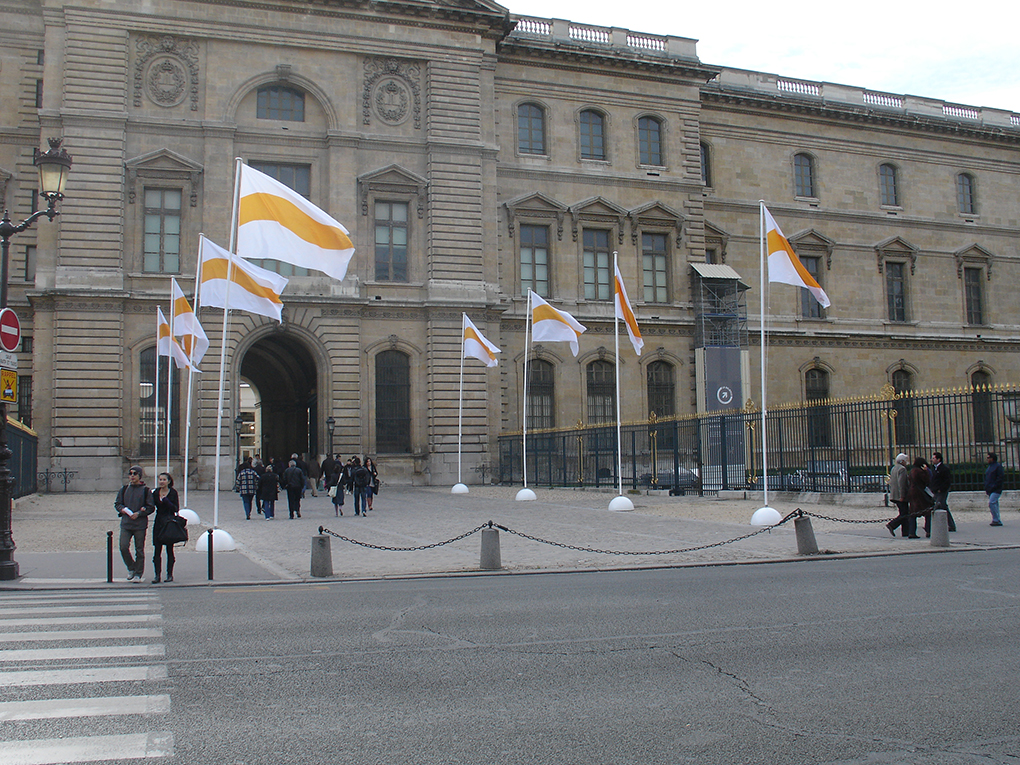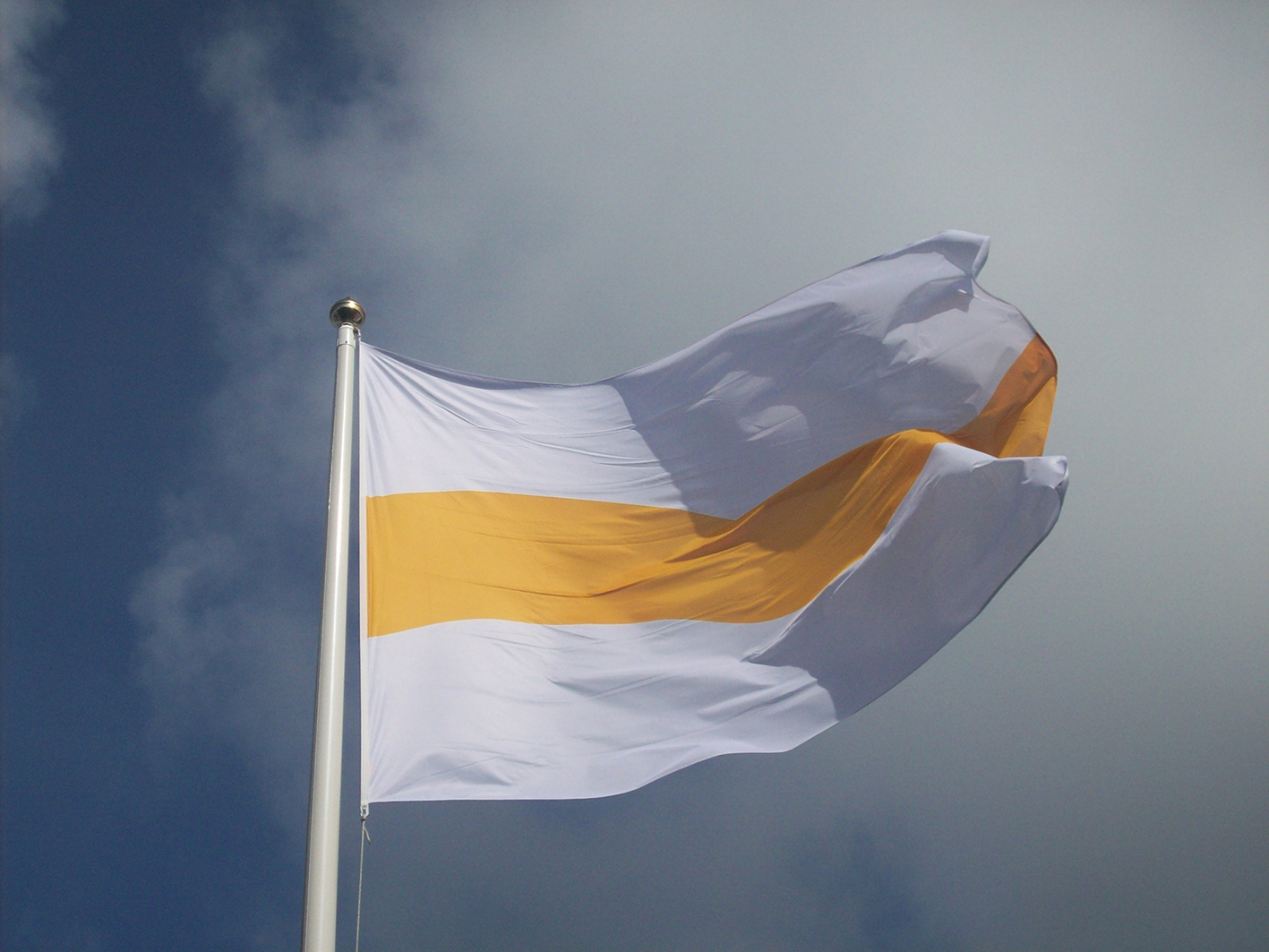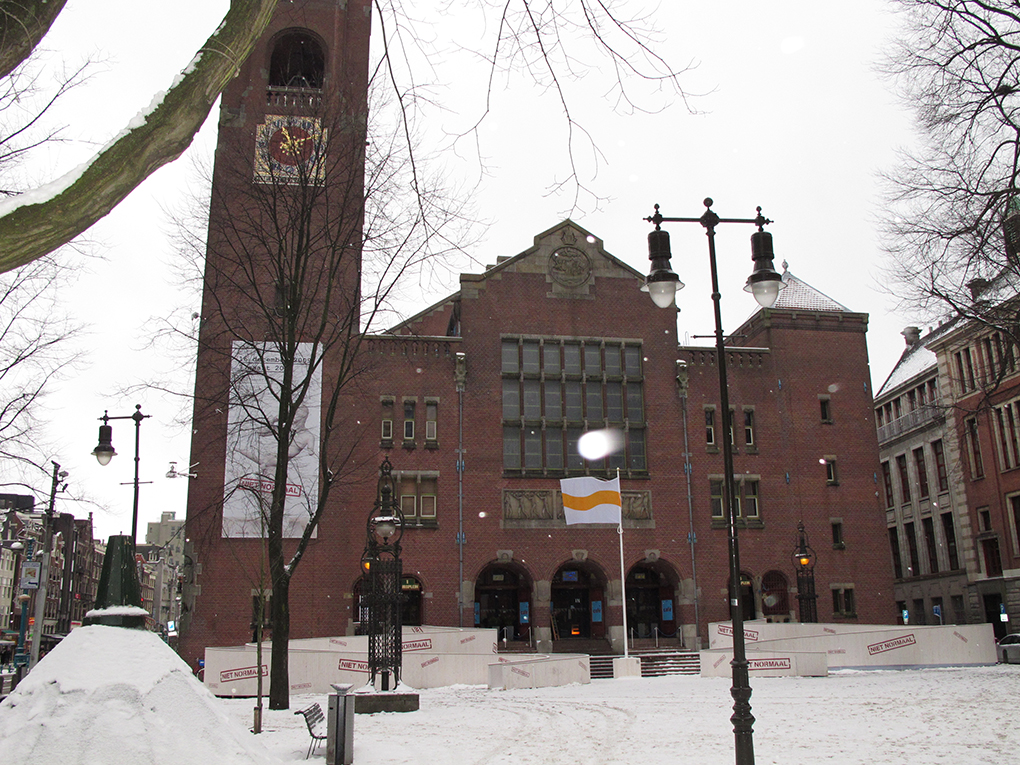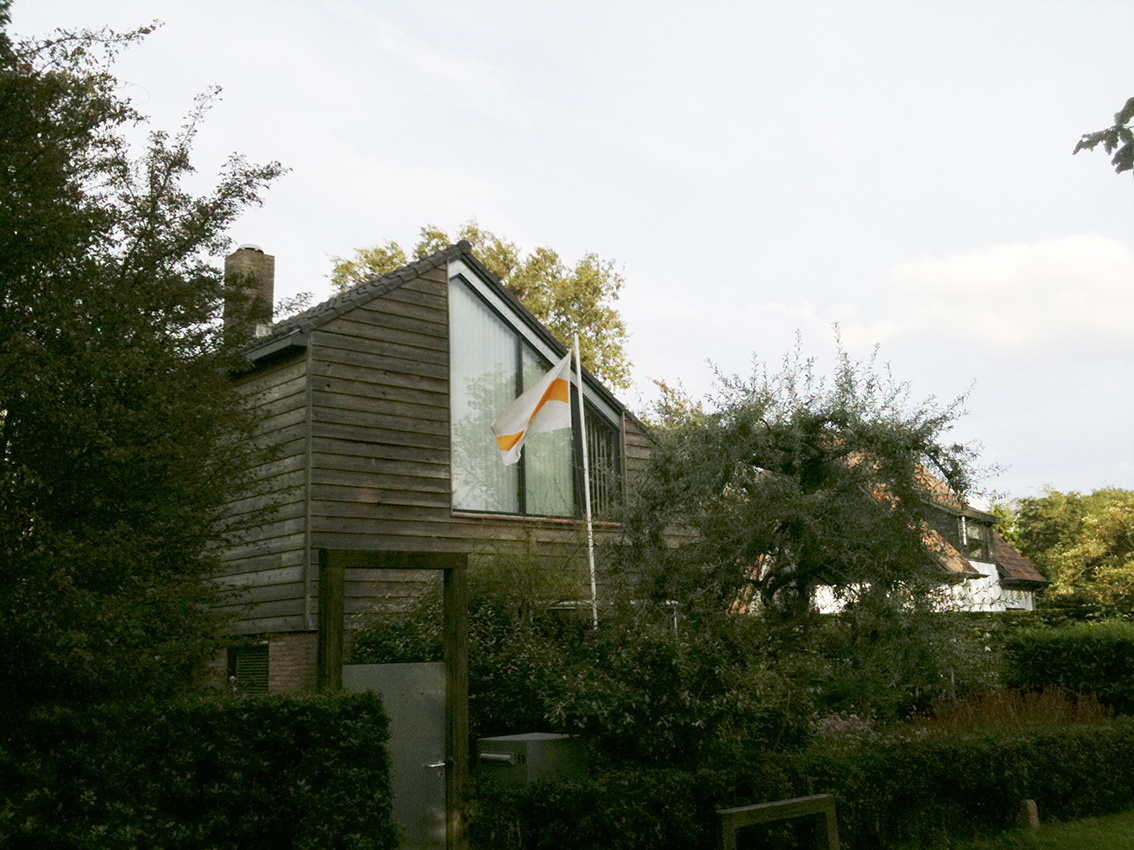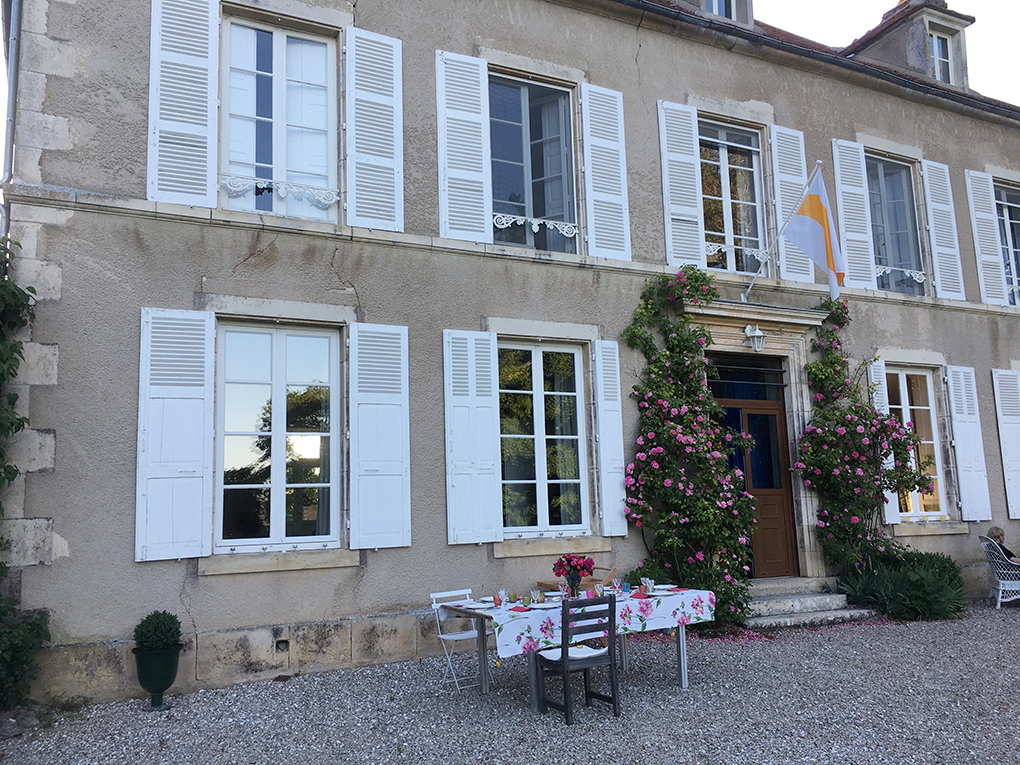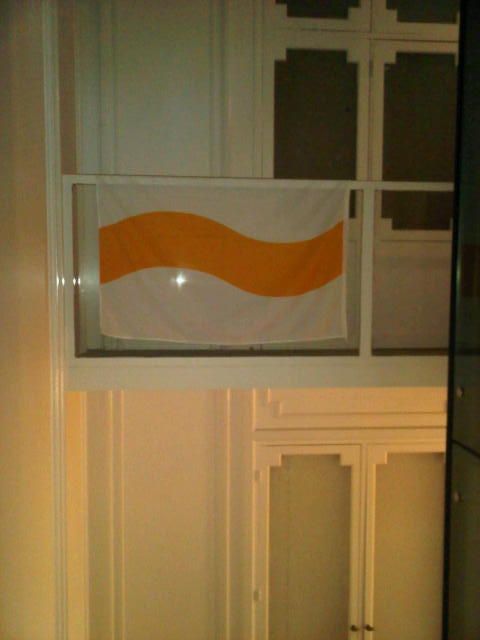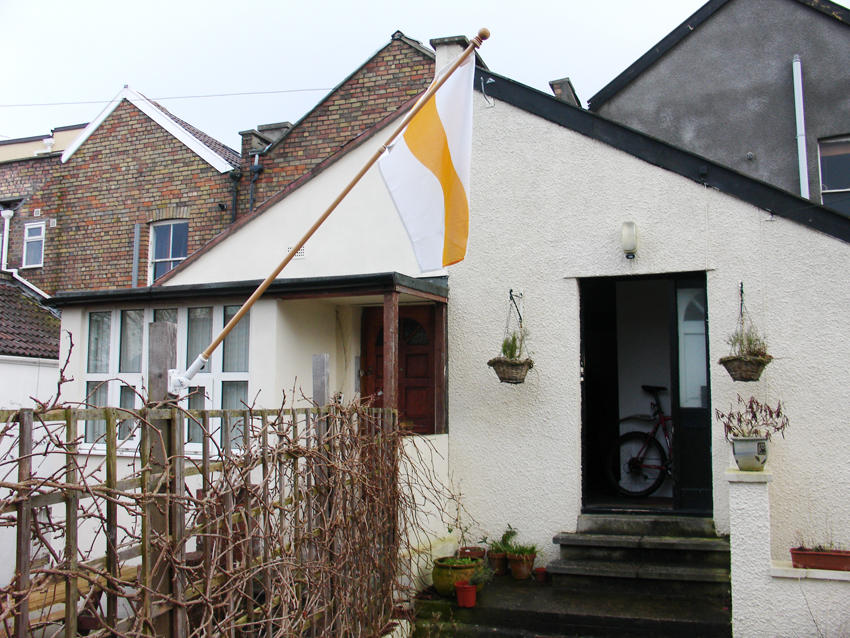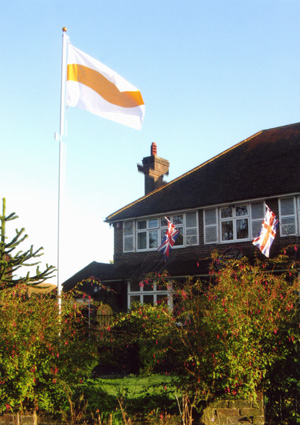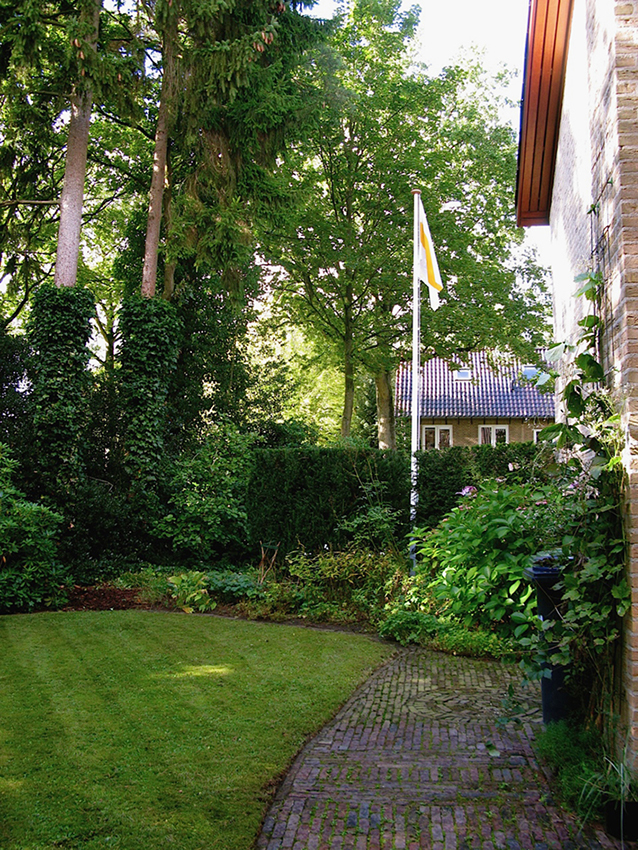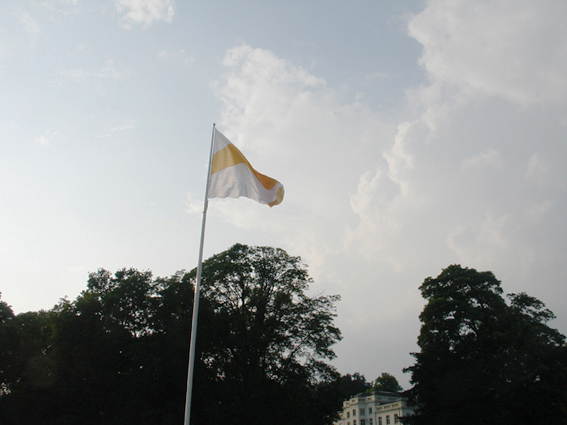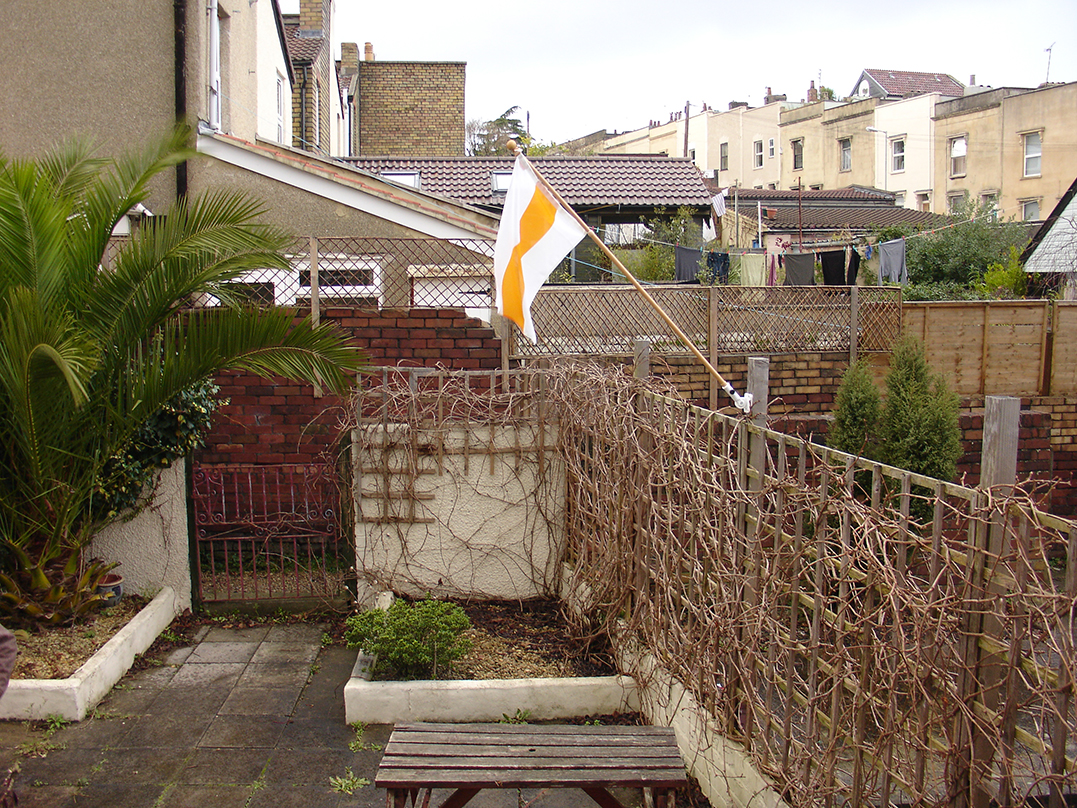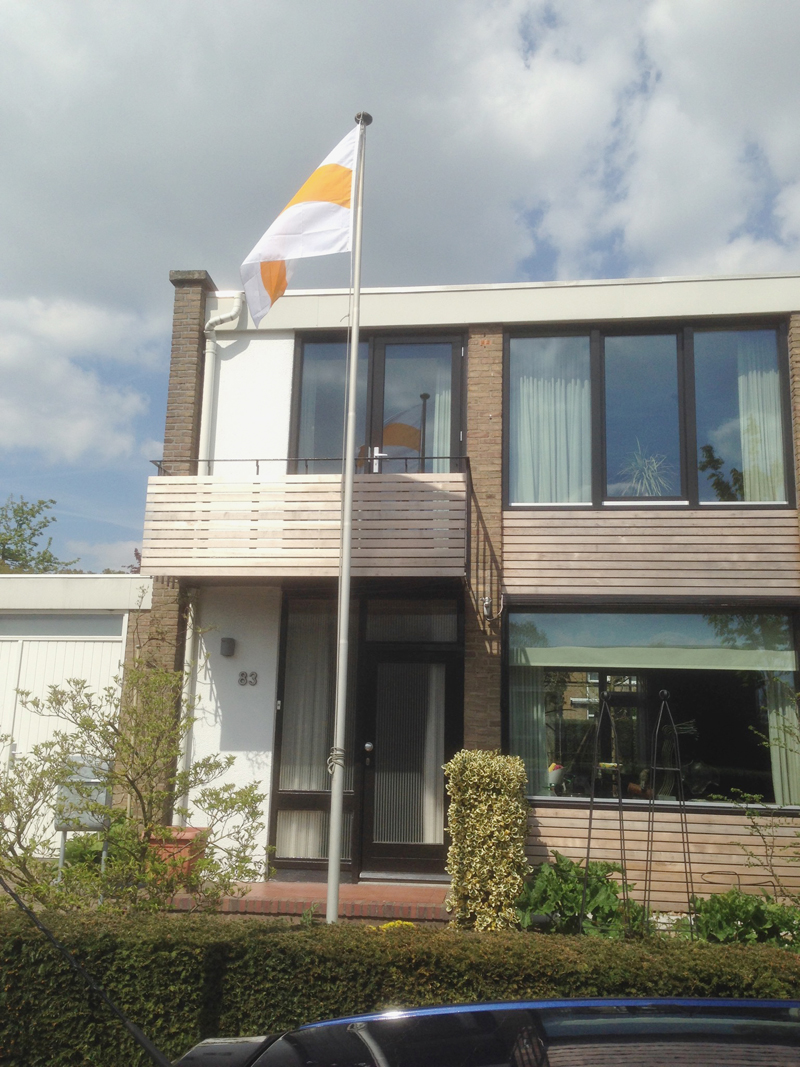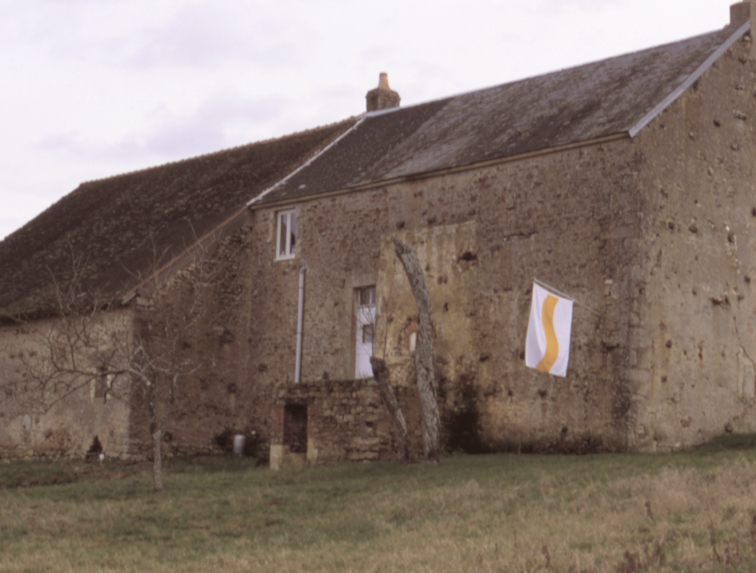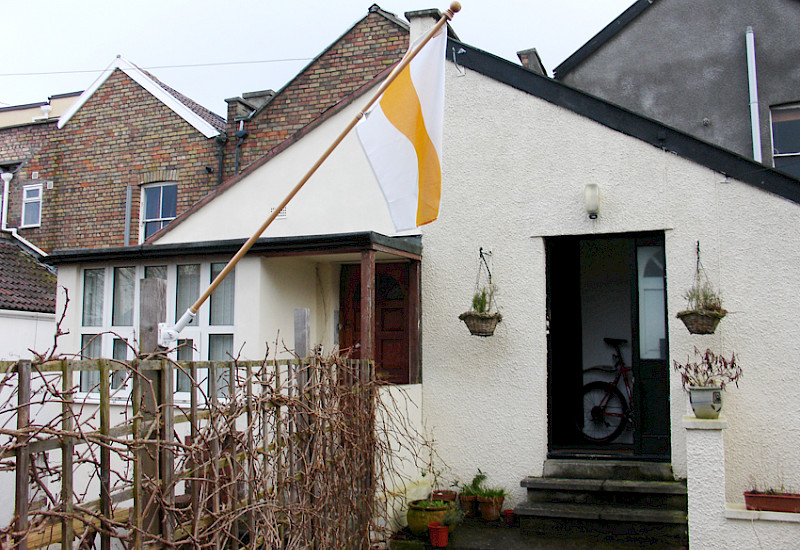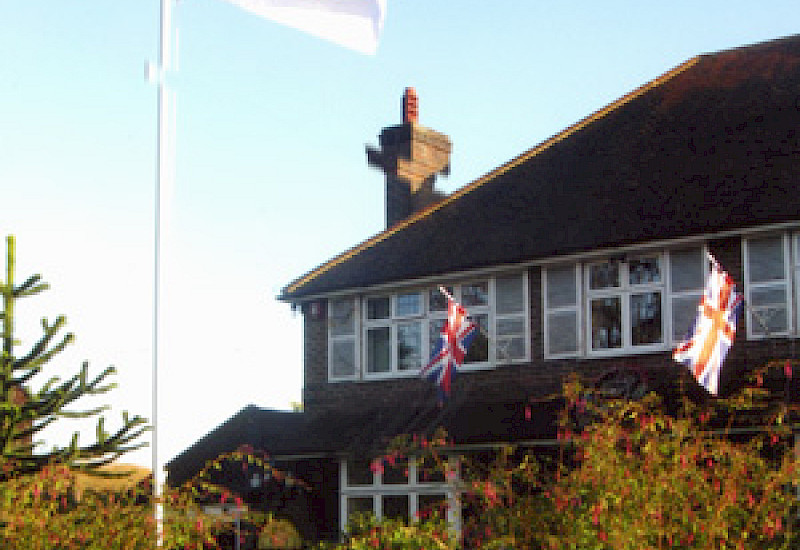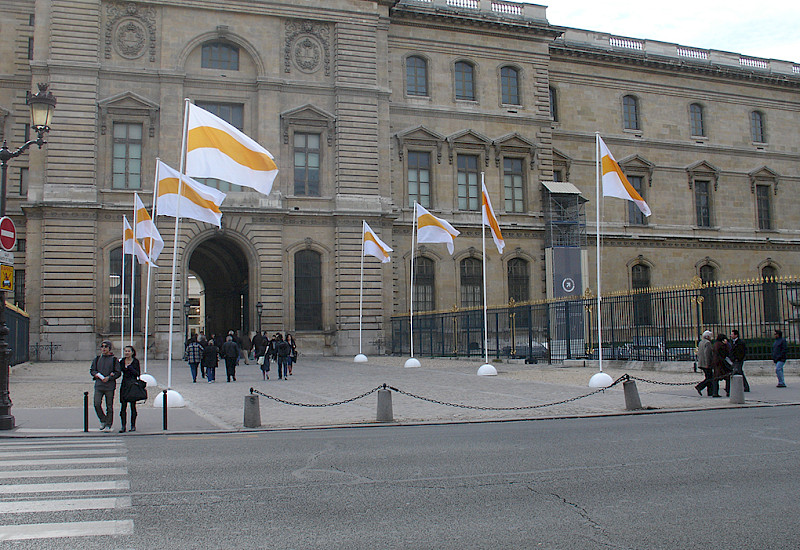Committee of recommendation
Marja Bloem
Read Bloem's motivation:
Read Bloem's motivation:
Some images stay in my mind forever. The old, dressed in grey, man performing a ‘prayer’ with the yellow and white Flag of Compassion of the Unda Foundation is one of these. Praying and compassion, in my opinion, are closely related. As compassion is a universal quality it is important to help it spread throughout the world.
Another reason I like the Unda Foundation is that the idea of compassion is understood in a very general way; compassion can be felt for anything, anywhere, it is not related to a specific country, culture or humanitarian problem. Wherever or whenever there is a need, the Flag of Compassion should be raised.
For these reasons, I am thus delighted to be on the Board of the Unda Foundation and to be able to put my energy into raising this flag as often as possible.
Herman Bunjes
Read Bunjes's motivation:
Read Bunjes's motivation:
When I raise the flag of compassion
or when I notice on my walks the flag of compassion waving in the wind
my feelings take a much broader flight than when just thinking of the term con-sideration,
which is the official meaning of the word compassion in the dictionary.The flag, on that spot, at that time, symbolizes
passion, affection, love, emotion and sometimes also pain and suffering,
in which I involve others, or others engage me.
To me therefore the flag of compassion means involvement with each other when we need each other and want to share some of our feelings.
Prof. Egbert Dommering
Read Dommering's motivation:
Read Dommering's motivation:
Ever since the 19th century, flags symbolize nations, nationalism and war. At the end of the 21st century, the nation state will no longer be the overruling international organizational form. Wars are only fought for ideological reasons and should be abolished in this century. The Flag of Compassion is over and above the boundaries of nations and ideologies and points us the way to this cosmopolitan ideal.
Jacob Kohnstamm
Read Kohnstamm's motivation:
Read Kohnstamm's motivation:
The higher value in my life is meeting others. For me, the most important element in meeting someone is the feeling of empathy for each other's world, preferably mutual; in happiness and in sorrow (and everything in between). This is against the background of a specific social, historical or geographic context.
For me, the Flag of Compassion is therefore an expression of respect and affection, it is about meeting each other, in an almost literal sense of living together.
Pauline Krikke
Lady Olga Maitland
Bob van der Mast
Read Van der Mast's motivation:
Read Van der Mast's motivation:
Compassion is a special human quality. We feel compassion because we are able to imagine ourselves in the other's position.
We can feel what others feel. And this feeling is urging us to act.
Spinoza sensed that love and benevolence are the true motives to help our fellow-men. Giving love makes us happy.
I feel a bond with this.
Prof. Gabriele Morello
Read Morello's motivation:
Read Morello's motivation:
My personal understanding of the concept of compassion is that it recognizes and accepts the weak aspects of the existential experience: poverty, injustice, defeats, failures, material and mental distress. Compassion may help individuals and groups to overcome their difficulties. In order to be of help, however, compassion should not be lived as a contemplative attitude but as a prerequisite for active participation in human recovery and social growth. And I gladly play a role in this debate through the Flag of Compassion.
Ramsey Nasr
Prof. Henk van Os
L. Polman
Read Polman's motivation:
Read Polman's motivation:
The ability to give compassion is what distinguishes men from animals. A civilization without compassion is known as a ‘jungle’. Left to yourself in a jungle, I imagine you will not survive for long.
Bert Steevensz
Read Steevensz's motivation:
Read Steevensz's motivation:
Compassio is the Latin translation of the Greek word sympathos. Both words literary mean fellow-suffering/to sympathize with someone. But what a difference in intensity or even in meaning there is today between these two essentially related words.
The meaning of words changes in the course of time, as times change themselves. ‘What the world needs now is love sweet love’, so the lyric of some decades ago goes. But I think we now are much more in need of compassion because compassion implicates a more active and intense involvement. Love, compared to compassion, feels almost too detached.
A foundation that aims to propagate compassion has hence my full-hearted support.
Julienne Straatman
Read Straatman's motivation:
Read Straatman's motivation:
Awarding or receiving a flag, at several stages of my life, has always been a meaningful gesture. At such moments I am more aware than ever of the power of this universal symbol of unity and shared ideals.
Flag of Compassion stands out for me because it gives more personal depth and reinforces the desire to be able to contribute to a better world.
Suzanne Tesselaar
Read Tesselaar's motivation:
Read Tesselaar's motivation:
"Compassion" for me means “together” and “passion”, and these two words summerize why I am enthusiastic about the Unda Foundation. When I saw the Flag of Compassion for the second time being manipulated by a twirler, I thought “how wonderful this project is as it brings together people, compassion and empathy.” The specifics of art together with the concern for people; this fits in with my daily work as a communication specialist: to connect people with a goal and a passion in organisations in constant change. Storytelling, the subject of my PhD thesis, is similar to the Flag of Compassion, a symbol for culture and for something that binds and connects people. And that is exactly my interest!
Anna Tilroe
Read Tilroe's motivation:
Read Tilroe's motivation:
The Flag of Compassion is the most touching flag I know. It is the symbol of our striving for human greatness which, when enslaved, exploited or ignored, causes feelings of emptiness, alienation and isolation. Without this striving we lose hope, together with the perspective of a better future. Compassion is the main principle of both. It is the ability to be attentive and respectful to the other and otherness, to known and unknown forms of life; and to act accordingly. One who knows Compassion is able to see him or her self as part of a whole, as an individual who, like all creatures around him, struggles painfully to develop himself optimally. Compassion is the --painfully achieved-- quality to transcend oneself.
Prof. Paul Scheffer
Frederique Vles-Jager
Read Vles-Jager's motivation:
Read Vles-Jager's motivation:
Compassion is an extensive concept and is subject to each person's own interpretation. It exists in a broader as well as a more narrow sense, but it always expresses engagement, respect and charity. Especially when people are busy and seem to lose time for matters that do not directly affect their own interests, compassion can fulfil an important role in ensuring that people stay connected and continue to offer support to each other. This form of compassion is what I wish to promote.
The Flag of Compassion is spotted in various places.
